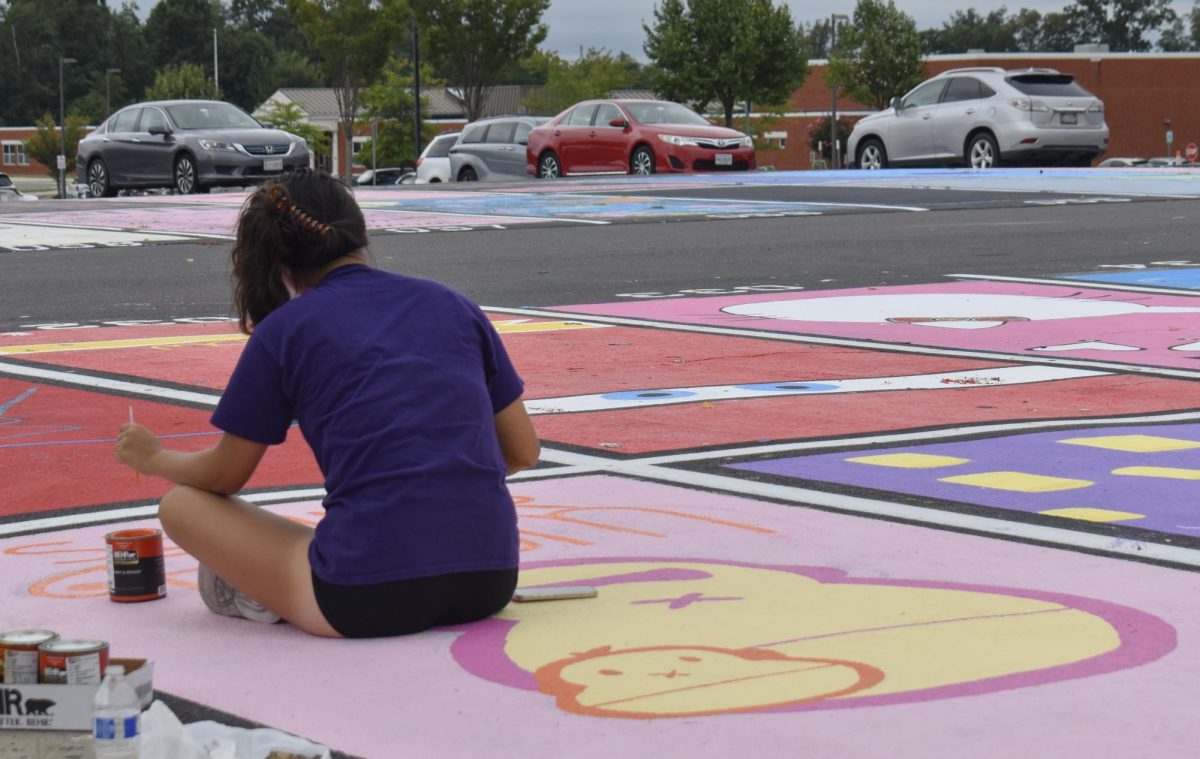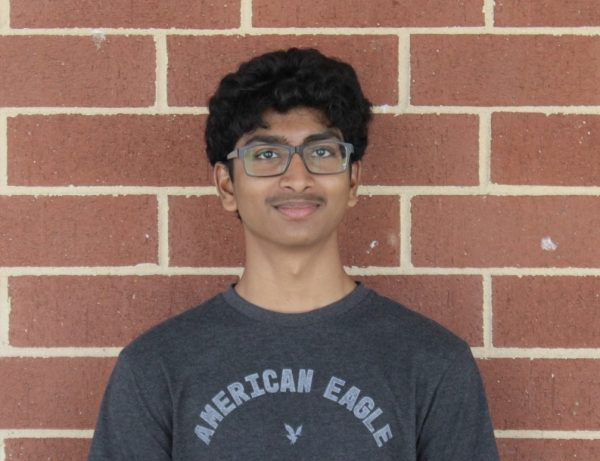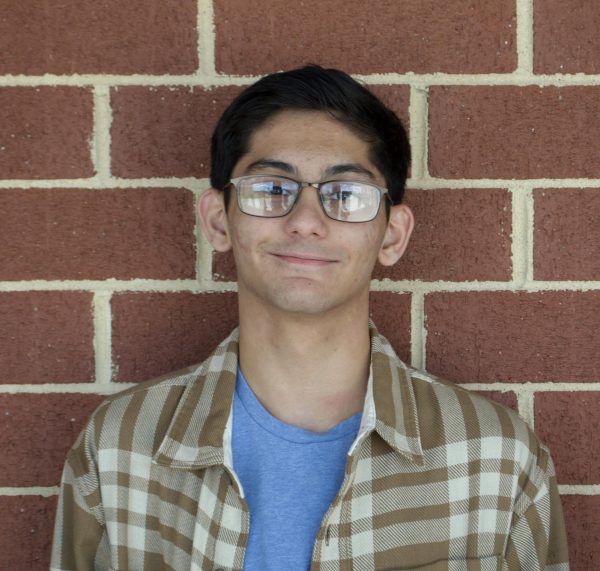On April 8, 2025, LCPS announced that it had revised Policy 5030—Assessment and Grading. This update would take effect for the 2025-2026 school year. With the new revision, the maximum retake grade percentage has been lowered to 70 percent, and formatives are now graded. Furthermore, AP classes no longer offer a floor grade of 50 percent, and late work won’t be accepted after a unit ends.
This change was inspired by feedback from the LCPS Focus Group Report, which was published in the fall of 2024. In this report, stakeholders raised concerns to the Loudoun County administration about the old policy, specifically about the lack of clarity, grade inflation, and inadequate college preparation.
Under the previous policy passed on Oct. 22, 2019, students could retake major assessments for a maximum grade of 80 percent. Teachers were required to accept late work, and they could give students floor grades of 50 percent. Formatives did not count towards a student’s final grade, and there was no limit on the number of retakes a student could take in non-AP courses.
Recently, parents have been worried that the unlimited retakes policy wouldn’t match college standards. “There are no retakes in life, college, or a real job,” a parent/guardian from a LCPS focus group report said. “There should be no infinite retakes of tests in schools either.”
Moreover, the report cited that the floor grade of 50 percent and the maximum reassessment score of 80 percent discouraged students from studying for assessments the first time they were administered. According to the report, teachers saw that students were “taking advantage” of the retake policy by not studying for assessments before the test for the purpose of viewing the content beforehand and having a reliance on retakes without mastering the material.
This was especially the case for math classes last year. “We had a retake cap of 80 percent, but it was not actually beneficial for students–they [would] come and take the test just to see what was on it,” AP Calculus AB teacher Mariyana Yaneva said. “[Because of the previous policy], they would never try their hardest on their first [attempt].”
While the new policy doesn’t cite a limit on the number of retakes a student can take, the requirements to take a reassessment have become stricter. Students must now complete all homework and other formative assignments with reasonable effort to qualify for a major summative retake. However, they still cannot retake minor summatives.
These changes have received mixed feelings from both students and teachers throughout Rock Ridge.
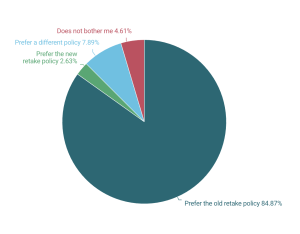
Many students believe that the new revisions are unnecessary and prefer the old grading system. “I thought [the old policy] was fine,” sophomore Aarav Sethi said. “A B minus [for retakes] just makes more sense than a C minus in my opinion.”
Some students believe this new policy can be particularly challenging for students retaking tests in more challenging classes, like AP Physics. “It actually has affected me quite recently,” junior Henry Wo said. “I took a physics test [earlier], and unfortunately, I got below the 70 percent [threshold]. Since the retake is capped at 70 percent, it’s going to be detrimental to my grade and GPA overall.”
The new policy is not only restricted to retakes; in the policy, they have begun adding graded formatives when previously formatives did not count for a grade. “The addition of graded formatives to compensate for the lower retake baseline is [nice], though,” Wo said. “The graded formatives, in essence, make it so major summatives don’t have as much of an impact on your grade.”
While some students see the new policy as unfair, some teachers, such as chemistry teacher and Science Department Chair Mithra Marcus, view the matter beyond grading and more into the teacher workload. “If I were teaching academic or research chemistry, I actually think it might lighten my load a little bit,” Marcus said. “I would have to spend less time writing reassessments, as opposed to years past.”
However, she isn’t entirely focused on the teacher’s side of the policy. “I think a policy that encourages students to do their best the first time just reduces the load on everybody,” Marcus said. “It maybe motivates students to try their very best the first time, which requires less remediation time.”
Other teachers, like AP Precalculus teacher Nicole Turner, had similar reactions in their classes. “It’s hard to say specifically [whether] it is in response to this policy, but a lot of my classes this year are seeing better preparation for tests,” Turner said. “And in a lot of ways, less stress about grades.”
Many students have found a silver lining in being more prepared.“It puts more pressure on me because now I have to get my work done faster and more efficiently,” Sethi said. “[But], now I know I can’t procrastinate because I can’t rely on a [retake], so in [that regard], it at least motivates me to get my work done.”
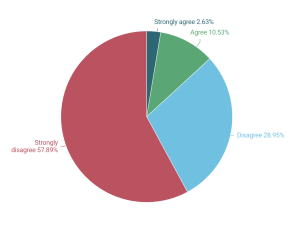
However, it still seems the majority of the students feel negatively towards the revised policy, especially in regards to the future. “There are other counties, like Fairfax County Public Schools (FCPS), that have a 90 percent retake [policy],” freshman Arish Ahmad said. “This difference could mean [greater] grade point average (GPA) differences when [you’re] applying to college.”
These concerns could explain the overall negative reactions to the policy. A survey of 152 Rock Ridge students found that 58 percent strongly disapproved of the updated reassessment policy, believing it to be unfair. Additionally, 61 percent strongly agreed that the new policy puts more pressure on them, and 85 percent preferred the previous reassessment policy.
As for how the policy will affect LCPS in the long term, it should be noted that this may not be the final revision. “[It’s important] that we continue to be open to feedback from stakeholders (parents, teachers, students, and administration), and adjust as needed,” Marcus said.

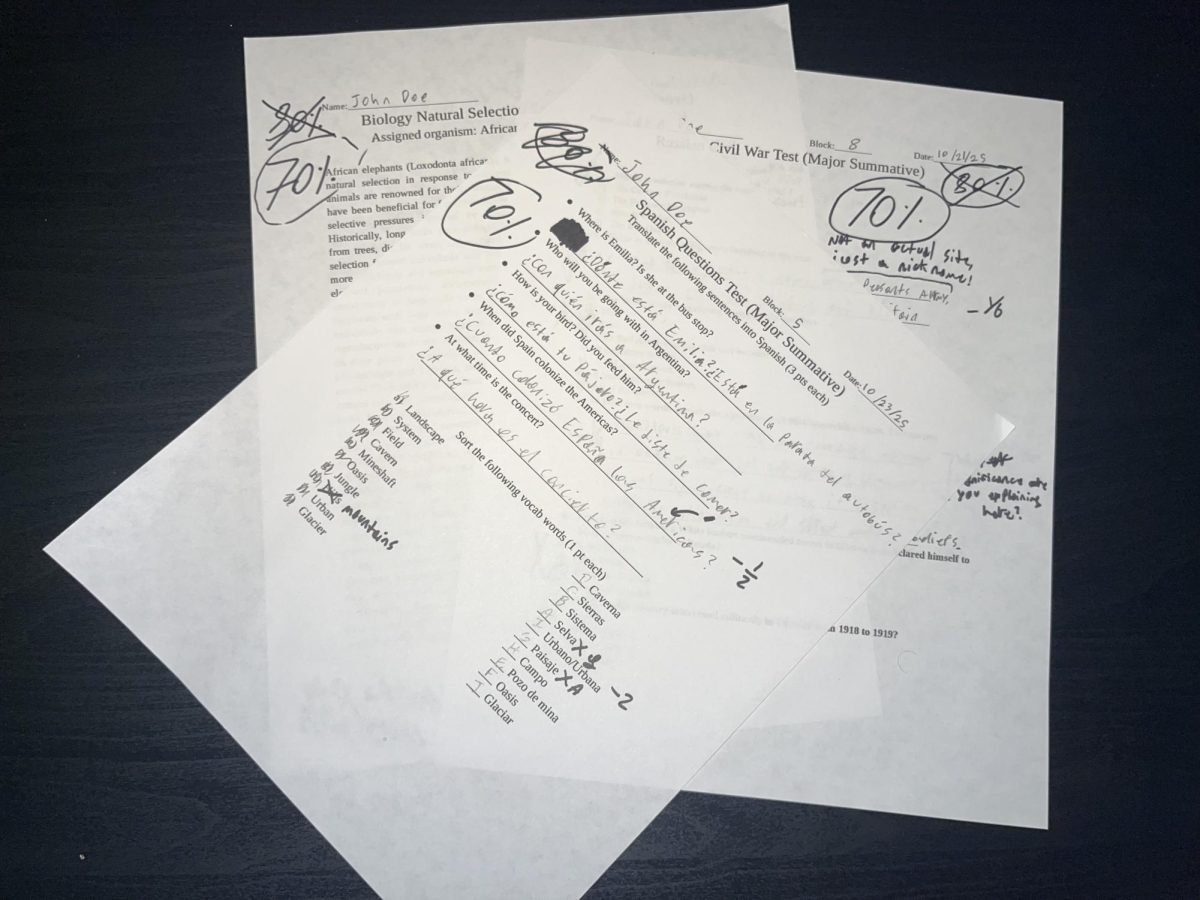
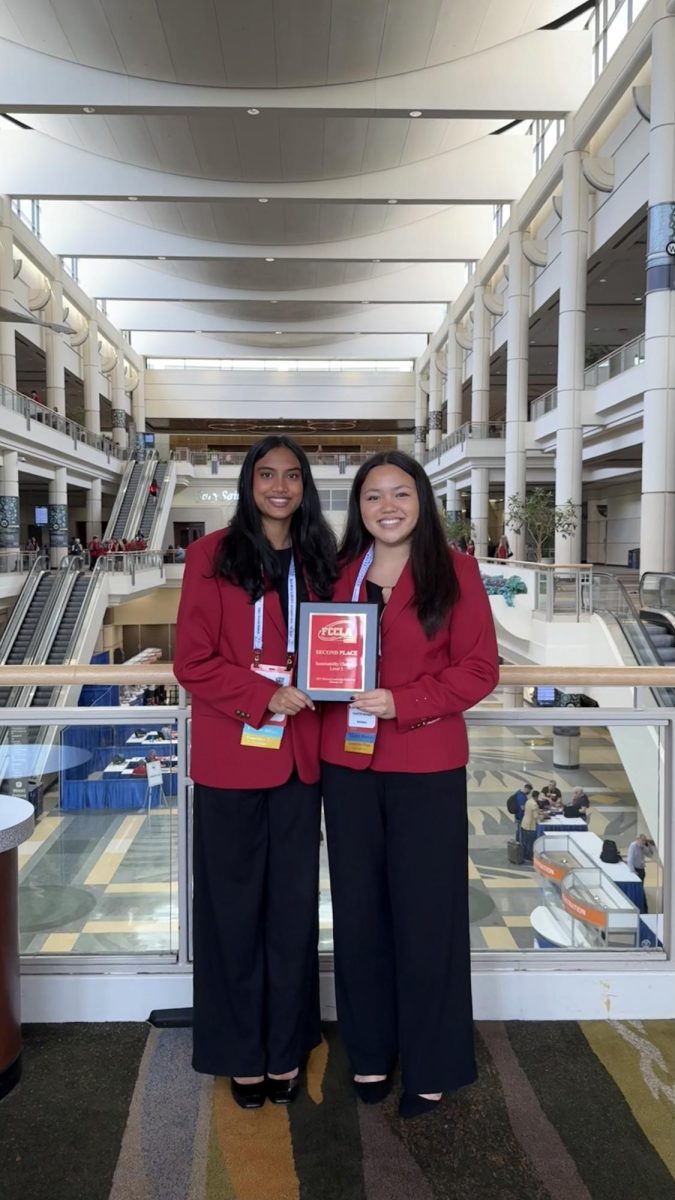



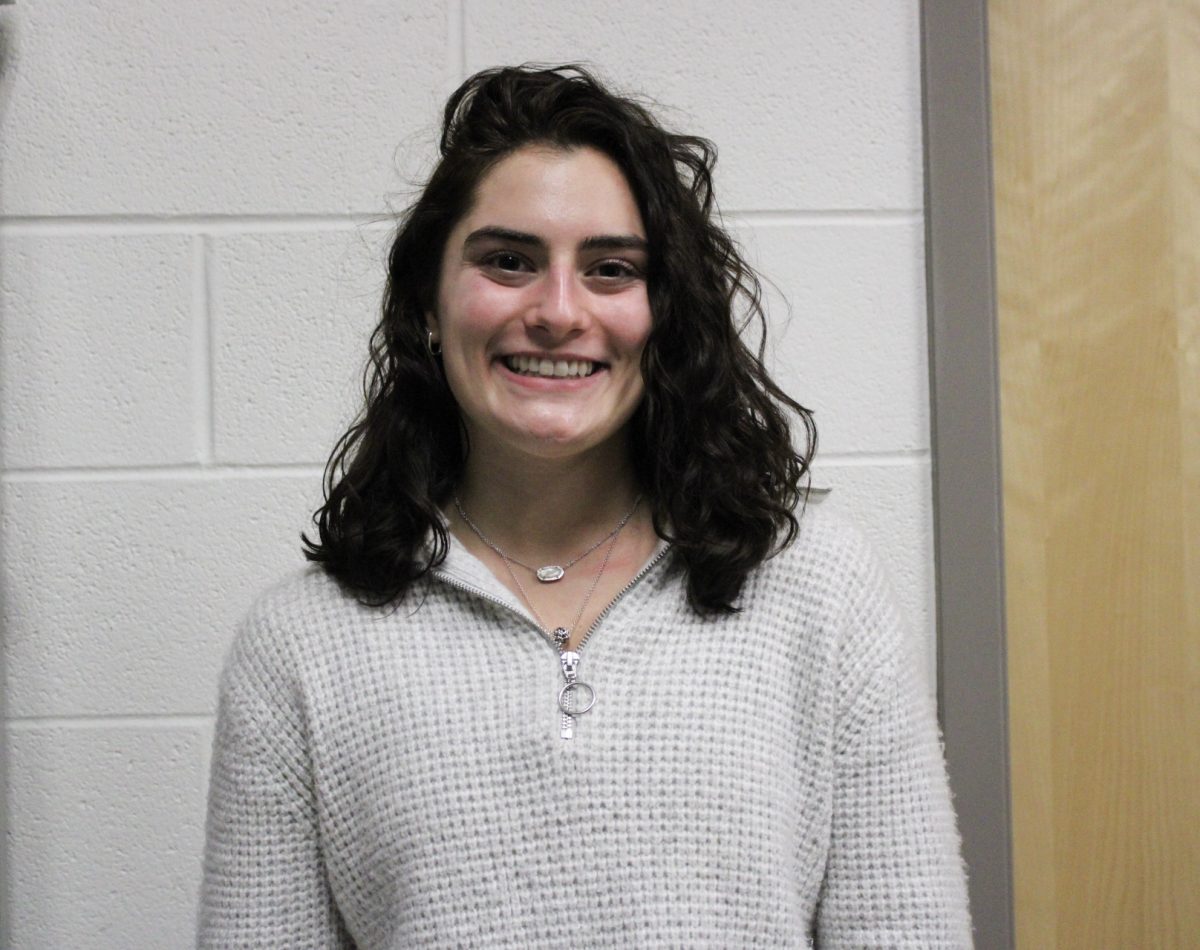








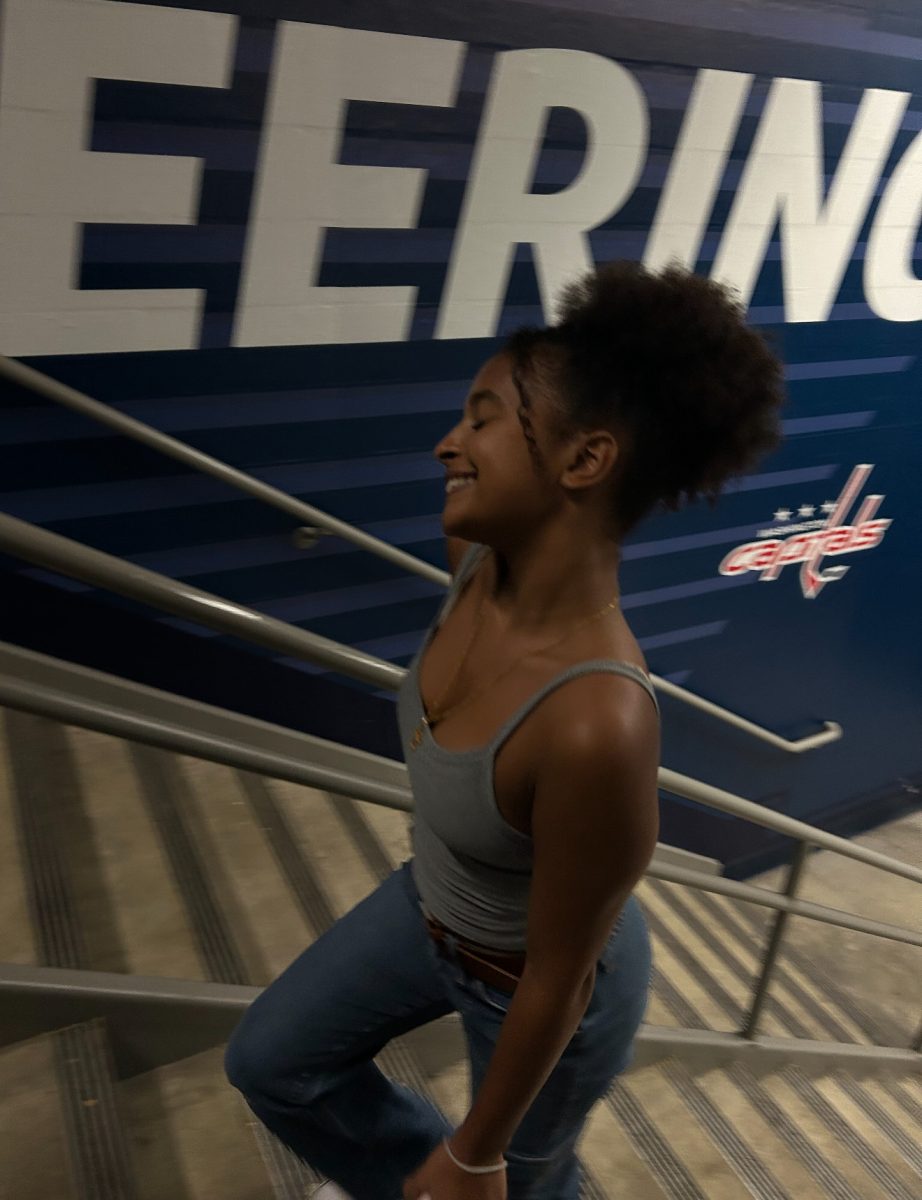
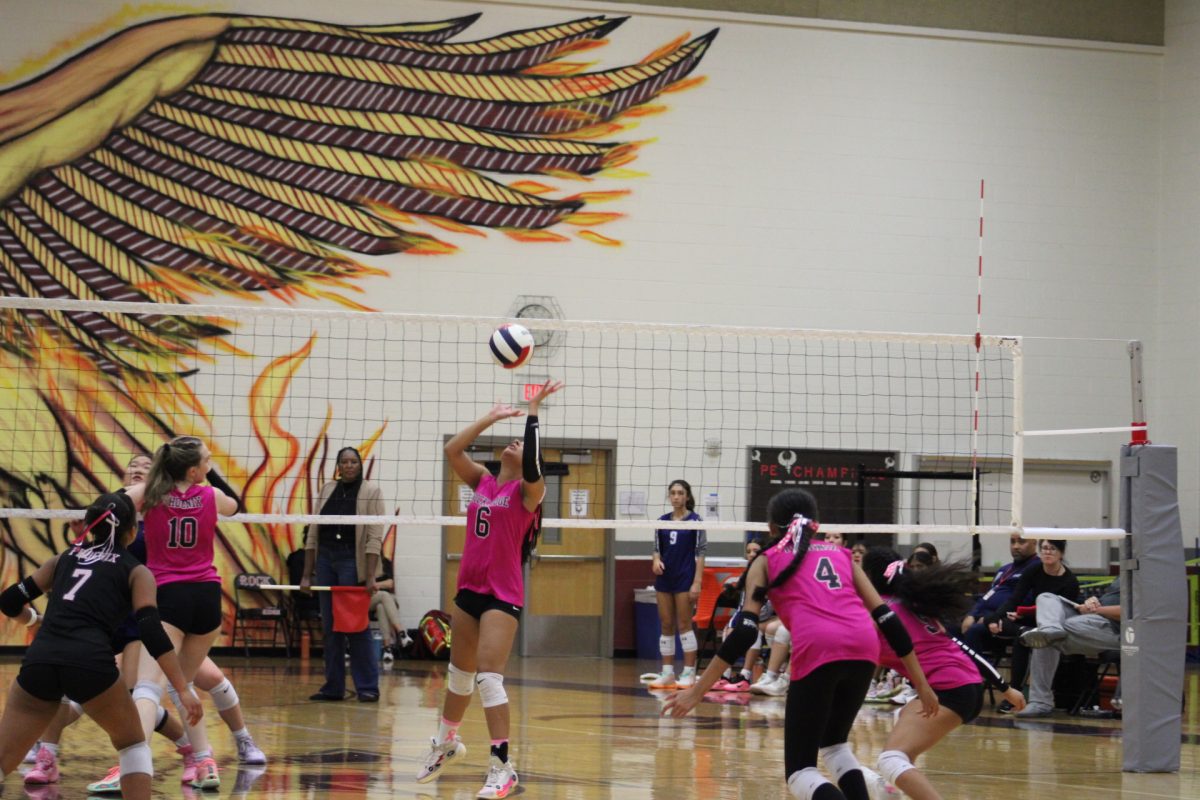







![The Phoenix varsity volleyball team lines up for the national anthem. “We were more communicative [with each other] during this game, and I feel like we kept our energy up, especially after the first set,” senior Jessica Valdov said.](https://theblazerrhs.com/wp-content/uploads/2024/10/DSC_0202-1200x800.jpg)










![Junior Alex Alkhal pitches the ball. “[I] just let it go and keep practicing so we can focus on our goal for the next game to get better as a team,” Alkhal said.](https://theblazerrhs.com/wp-content/uploads/2025/05/DSC_0013-1-1200x929.jpg)





















